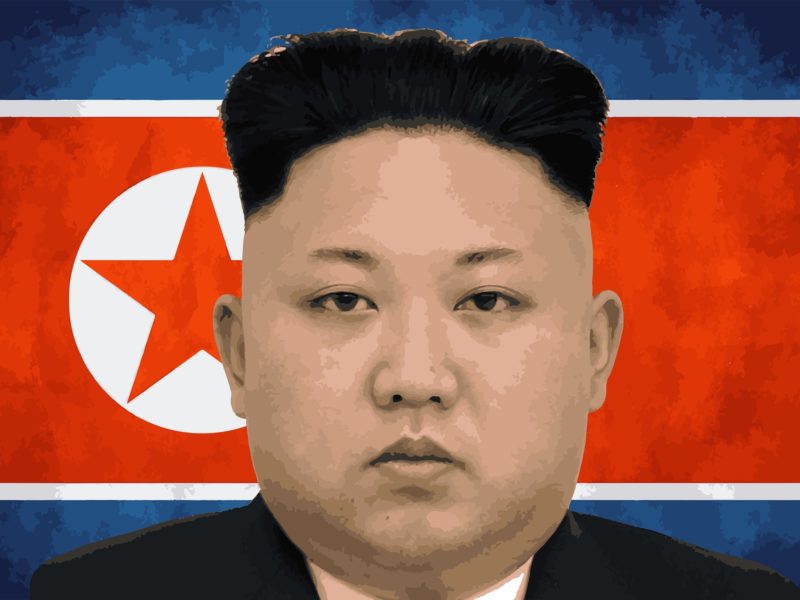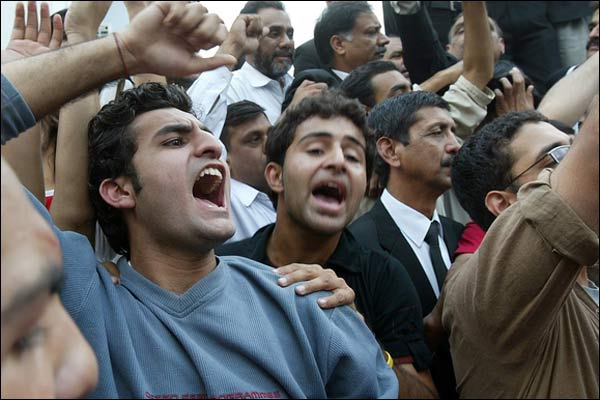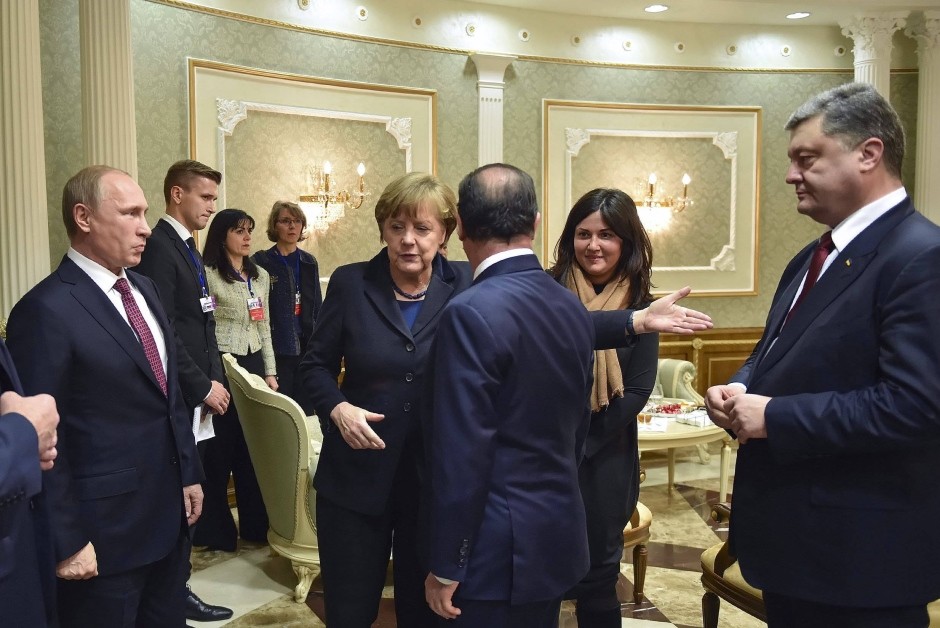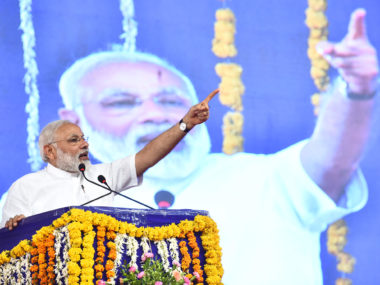Tensions between North and South Korea this week were high and rising. On Tuesday, June 16, 2020, North Korea blew up an inter-Korean liaison office set up in a border town in 2018 to forge better ties with South Korea. The move came in response to the distribution of leaflets by defectors that criticize North Korean leader Kim Jong-un. No one was injured (the building was empty), but the incident appears to be a significant setback to improved dialogue and cooperation on the peninsula.
Northeast Asia is one of the most strategically important but politically volatile regions in the world. And Pyongyang is infamously unpredictable. According to the Global Conflict Tracker, the conflict status of North and South Korea is “worsening.” So, the question is: what might happen next?
Today we look back at Will Moore’s piece “What’s Up With the Heated Foreign Policy on the Korean Peninsula?” Written just two years after Kim Jung Un came to power, Will suggests (referring to Scott Wolford’s research) that “a leader new to office has an incentive to establish his mettle (i.e., resolve) by engaging in costly, but not too costly, behavior.” Are recent events merely cheap provocations? Or do they represent a further blow to hopes of dismantling North Korea’s ballistic missile program?







